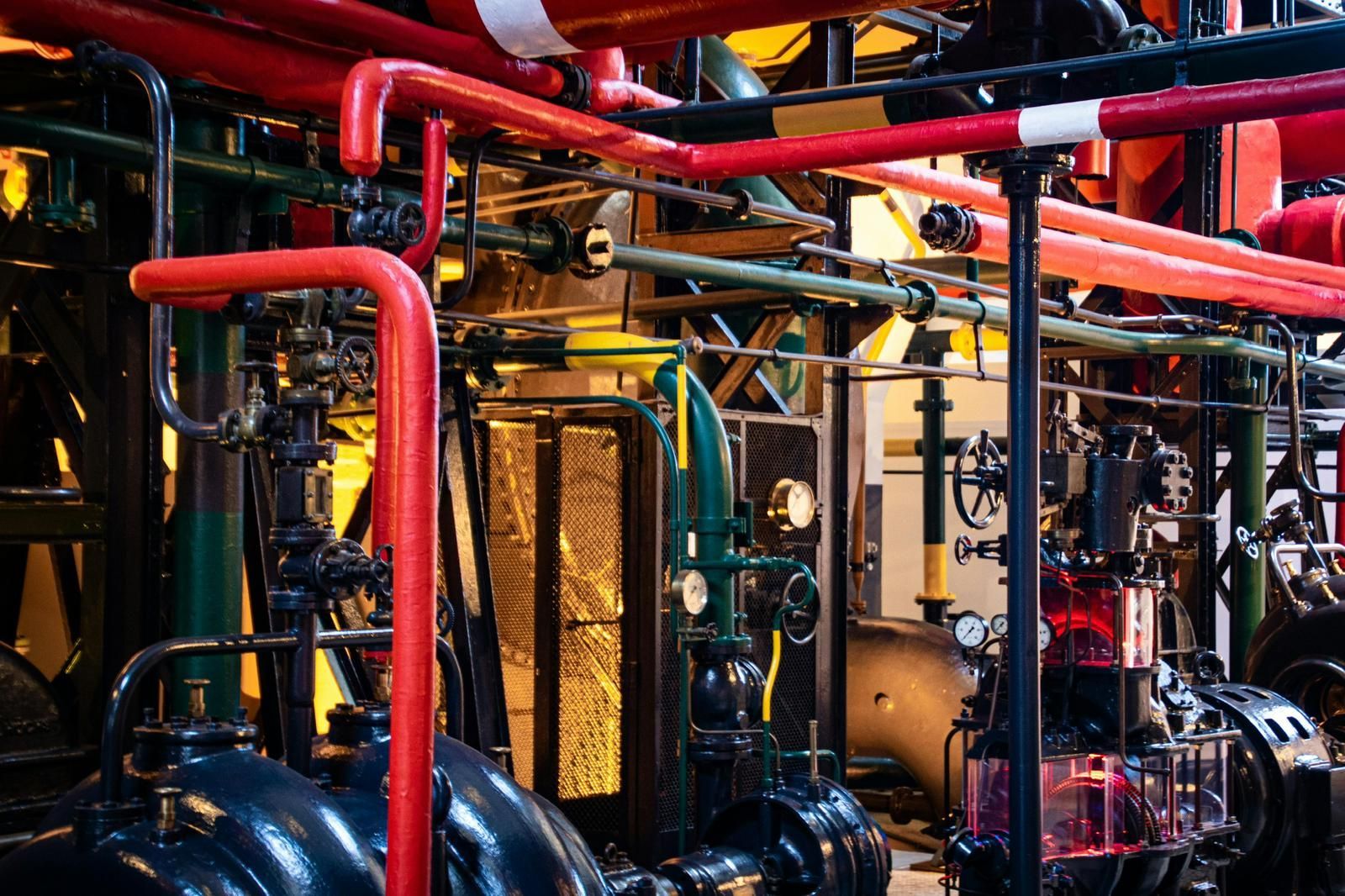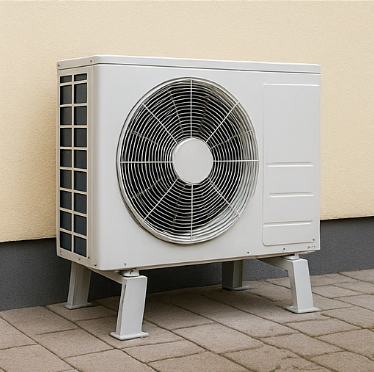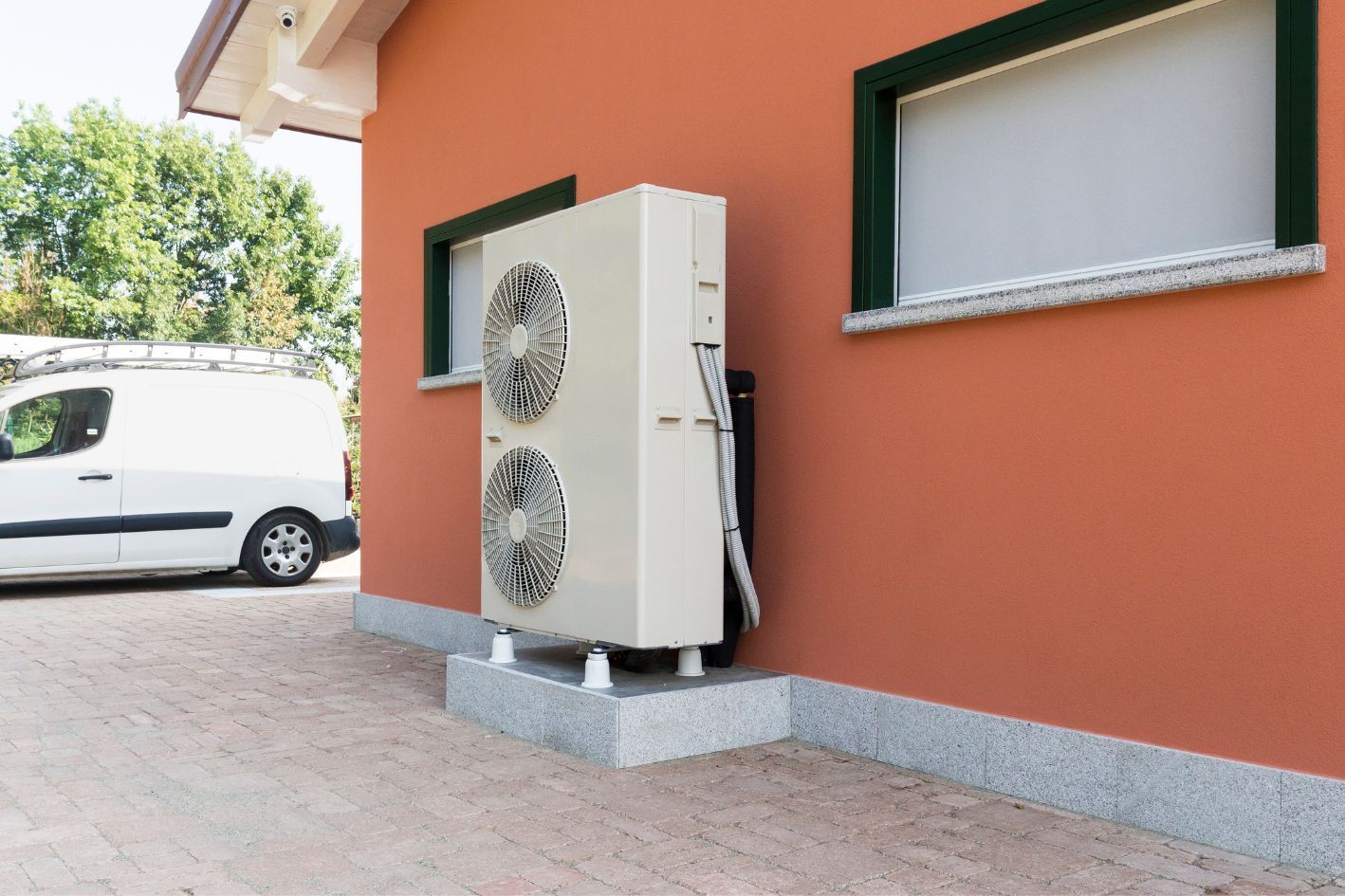The Role of Oil Separators in Air Source Heat Pump Compressor Protection
Sports facilities present unique challenges when it comes to heating and cooling. With varying occupancy levels, diverse spatial requirements, and fluctuating activity intensities, these venues demand flexible and efficient climate control solutions. Air source heat pumps (ASHPs) have emerged as a powerful answer to these complex needs, offering adaptability and energy efficiency in equal measure.
Adapting to Changing Demands
One key advantage of
ASHPs in sports facilities is their ability to quickly adjust to changing heating and cooling requirements. Whether it's a packed stadium on game day or a near-empty training facility during off-hours, ASHPs can modulate their output to match the current demand. This flexibility ensures optimal comfort for athletes and spectators while minimising energy waste.
Zoning for Efficiency
Modern sports complexes often include multiple areas with distinct climate control needs. Each space requires a tailored approach, from locker rooms and gyms to spectator stands and administrative offices. ASHPs excel in this scenario by allowing for effective
zoning strategies.
Multiple units can be installed and controlled independently, ensuring that each area receives precisely the heating or cooling level required.
Energy Efficiency and Cost Savings
The superior efficiency of air-source heat pumps translates to significant cost savings for sports facilities. By extracting heat from the outside air (even in cold conditions) and transferring it indoors, ASHPs can provide up to three times more heat than the electrical energy they consume. This efficiency is particularly beneficial for large spaces like indoor arenas, where traditional heating methods can be prohibitively expensive.
Sustainable Sporting Events
As the sports industry increasingly focuses on sustainability,
ASHPs offer a green heating solution that aligns with these goals. Sports facilities equipped with air-source heat pumps can significantly decrease their environmental impact by reducing reliance on fossil fuels and lowering carbon emissions. This eco-friendly approach benefits the planet and enhances the venue's reputation among environmentally conscious fans and athletes.
Overcoming Installation Challenges
While the benefits of ASHPs in sports facilities are clear,
installation in these unique environments can present challenges. Large, open spaces and high ceilings typical of sports venues require careful planning and design. However, advancements in ASHP technology, including the development of high-capacity units and improved distribution systems, have made it increasingly feasible to implement these systems effectively in sports facilities of all sizes.
Air source heat pumps are game-changing for sports facilities facing variable heating and cooling needs. By offering flexibility, energy efficiency, and sustainability, ASHPs are helping venues create optimal conditions for athletic performance and spectator comfort. As technology advances, we can expect to see even more sports facilities adopting this innovative heating solution, setting a new standard for climate control in sports.












